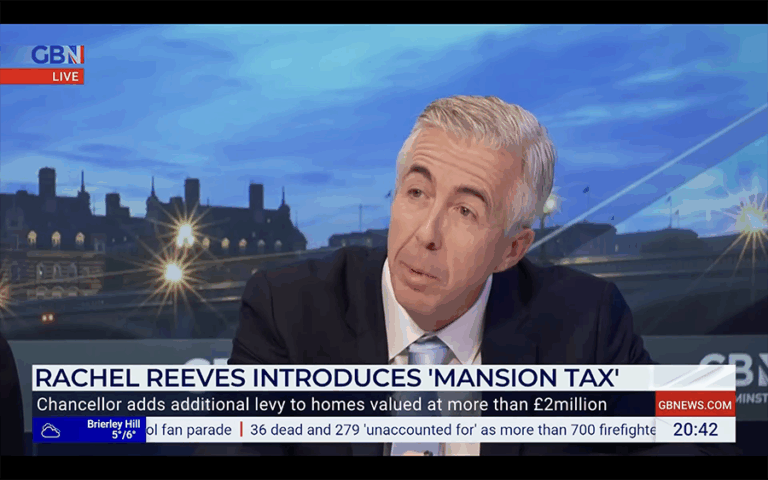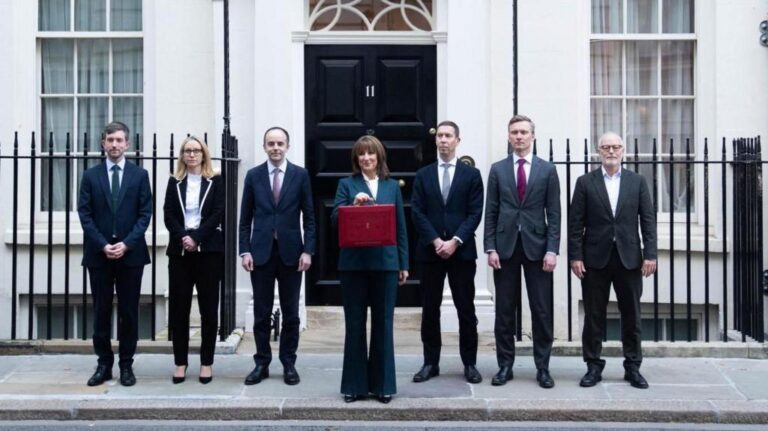Following a media leak last week, Jeremy Corbyn has today launched Labour’s 2017 General Election manifesto – For the Many, Not the Few.
Despite the party trailing the Conservatives by 17% in the polls (latest Britain Elects figures), the manifesto confirms the Labour leadership’s commitment to presenting a policy programme that embodies the ambitions of the Corbynite wing of the party.
There is a populist tone running throughout the manifesto, with Corbyn seeking to tap in to an electorate that feels that the government and the economy has not worked for them in recent years. The manifesto paints a picture of a UK with ‘falling living standards’ and ‘growing job insecurity’ where people ‘feel the system is rigged against them’.
Labour strategists will be hoping that this populism, demonstrated by the inclusion of policies that poll well individually among voters (such as utility nationalisation and the abolition of tuition fees) will override the reticence to date among the wider electorate towards a Corbyn-led Labour party.
Corbyn’s leadership of Labour so far has been dominated by questions regarding his credibility and competence (as well as that of his team). In a seeming acknowledgement of this, alongside today’s manifesto the party has published a Funding Britain’s Future document detailing the spending commitments and how the party intends to pay for them. This document sets out £48.6bn of spending commitments – highlighting the scale of the challenge the party faces in demonstrating that it could be a competent administration.
It is certainly the case that there are several bold ideas and ambitions contained within the manifesto. From introducing a National Care Service, National Education Service, bringing rail, energy and water utilities under public control, abolishing tuition fees and a National Transformation Fund for infrastructure spending this is very much Corbyn’s vision for Britain.
For critics of the Labour leadership, the party’s manifesto will read as a series of ‘nice-to-haves’ or a wish list from a party that only has a slim hope of electoral success come 8th June. For Corbyn, he has a few weeks to prove his populism can indeed be popular.
Key manifesto commitments
Among the main commitments contained in Labour’s manifesto are:
Taxation
· £48.6bn to be raised from higher taxes to cover spending commitments.
· Labour will ‘not ask ordinary households to pay more’ with a guarantee that there will be no rises in income tax for those earning less than £80,000, no increases in NICs or the rate of VAT.
· The 45p income tax threshold lowered to £80,000 and the 50p threshold reintroduced on earnings over £123,000.
· A ‘new settlement with business’ that will ask ‘large corporations to pay a little more’. Headline corporation tax rate to rise to 26% by 2020-21.
Infrastructure
· A National Transformation Fund that ‘will invest £250bn over ten years in upgrading’ the UK’s economy.
· Completing HS2 and linking the route to other rail investments including a ‘Crossrail of the North’.
· Committing to Crossrail 2.
· Delivering universal superfast broadband by 2022.
· Bringing private rail companies back under public ownership once franchises come to an end.
· Bringing the energy supply network back under public control.
· Delivering a network of regional publicly-owned water companies.
· Reversing the privatisation of Royal Mail.
· A ban on fracking.
Education
· Delivery of a National Education Service – a free cradle-to-grave learning service.
· Investing in schools – delivering a fairer funding formula that that leaves no school ‘worse off’.
· Reducing classes to less than 30 for all five, six and seven year olds.
· Free school meals for all school children.
· Free lifelong education in Further Education, providing opportunity for people to retrain or upskill during their lives.
· Maintaining the Apprenticeship Levy but improving the quality of apprenticeships.
· Doubling the number of completed apprenticeships at NVQ Level 3 by 2022.
· Abolition of tuition fees.
Work and welfare
· Implementing a Ministry of Labour.
· Introducing a 20-point plan for ensuring security and equality at work, including banning zero-hours contracts and repealing the Trade Union Act.
· Guaranteeing the pension triple lock and Winter Fuel Allowance.
· Scrap ‘punitive’ welfare sanctions regime.
· Scrap the ‘bedroom tax’.
· Re-instituting Housing Benefit for under-21s.
Housing
· Investing to build one million new homes – including 100,000 council and housing association homes a year, by the end of the Parliament.
· Establishing a Department for Housing to improve the number, standards and affordability of housing.
· Action for renters, including an inflation cap on rent rises, securing longer-term tenancies, landlord licensing and new consumer rights for renters.
Health and social care
· Guaranteed access to treatment within 18 weeks, taking one million people out of NHS waiting lists by the end of the Parliament.
· Investment in the health and social care workforce.
· Committing £30bn in extra funding to the NHS over the next Parliament.
· Halting and reviewing the government’s Sustainability and Transformation Plans programme.
· Introduction of a new quality, safety and excellence regulator – NHS Excellence.
· Laying the foundations for a National Care Service for England and increasing the social care budget by approximately £8bn over the next Parliament.
· Building cross-party support to determine the best way to fund elderly care – including through wealth taxes, employer care contribution or a new social care levy.
PLMR will be providing the same analysis on the other manifestos as they come out.





